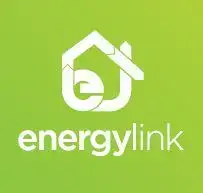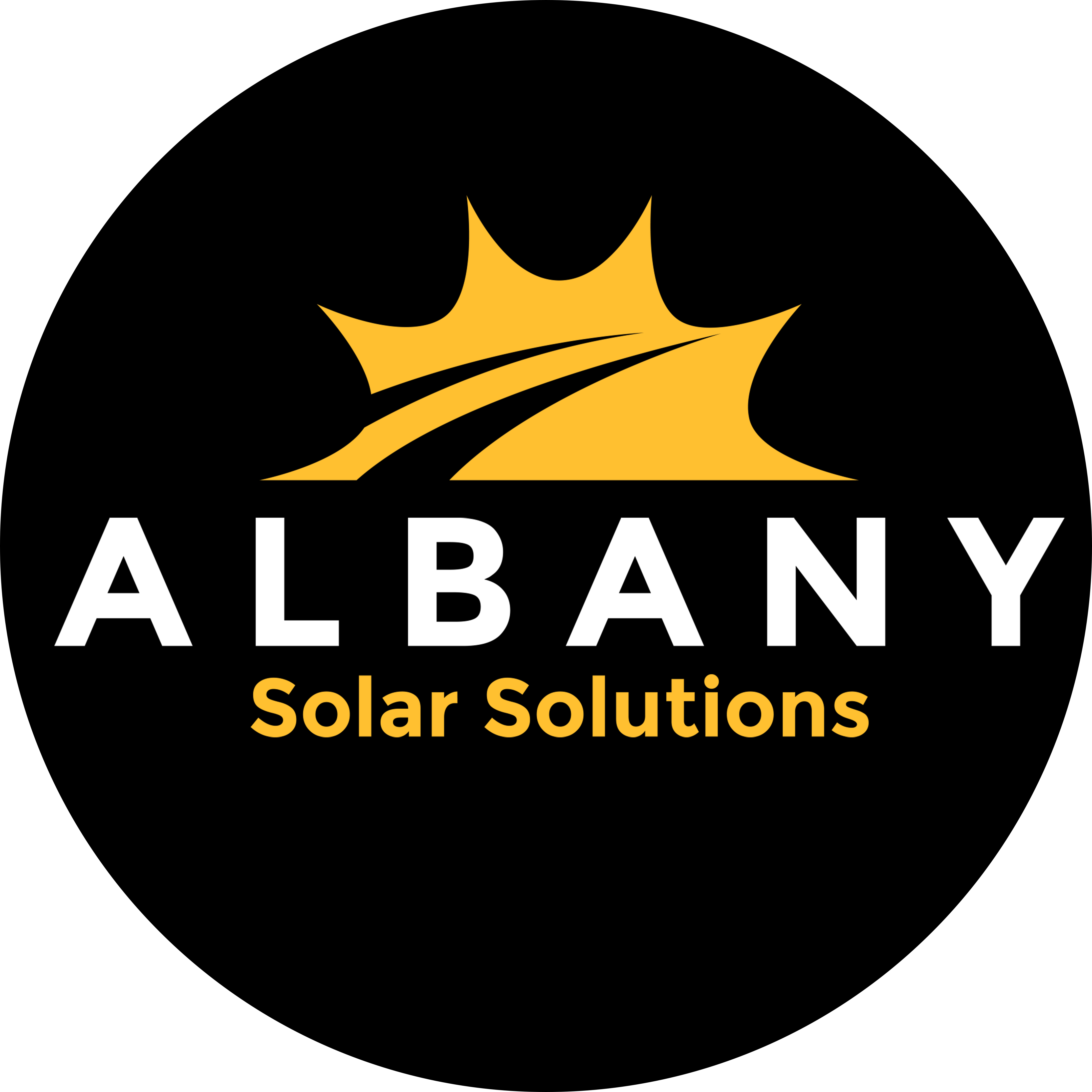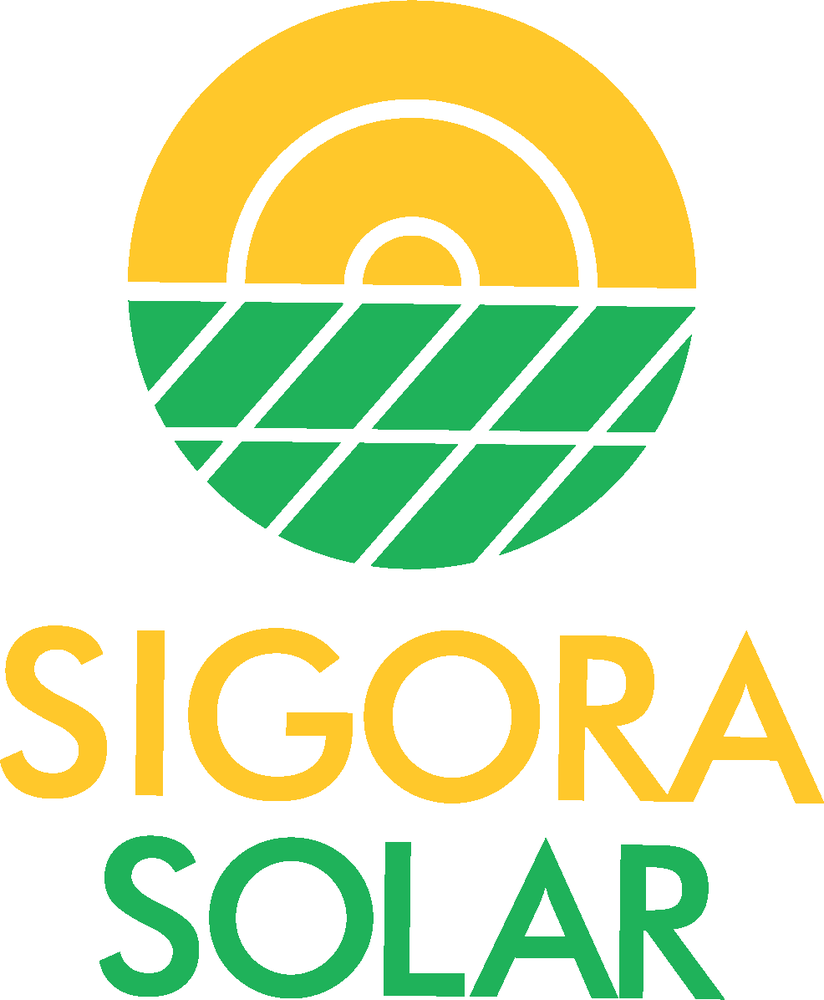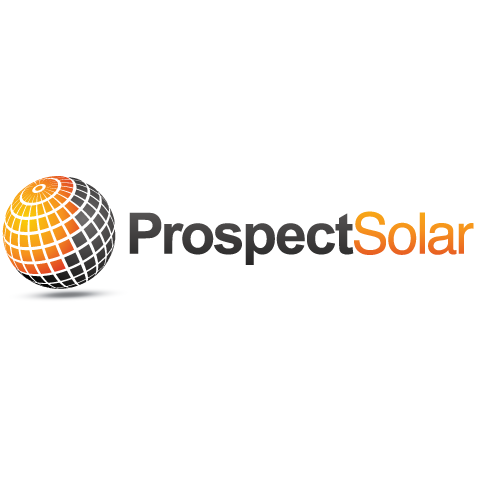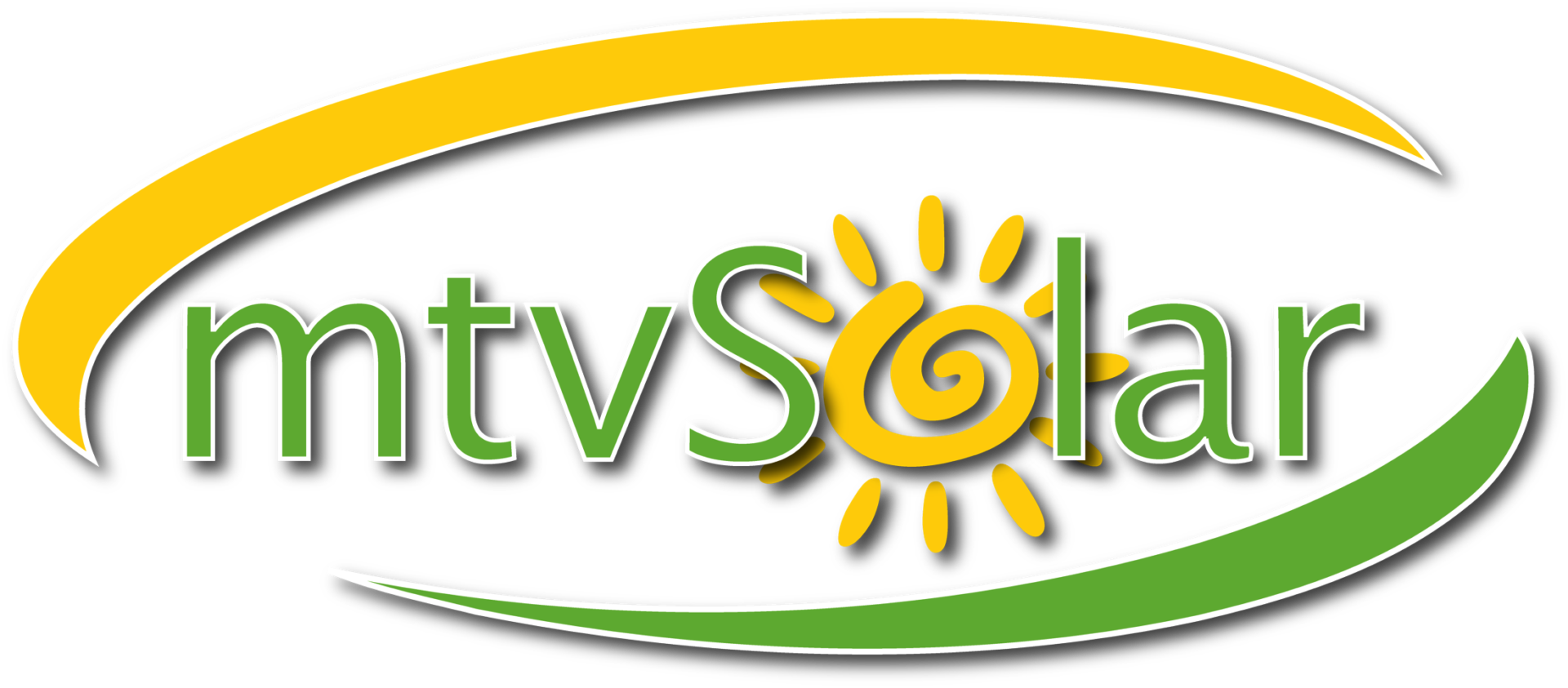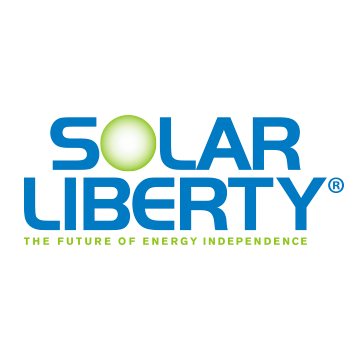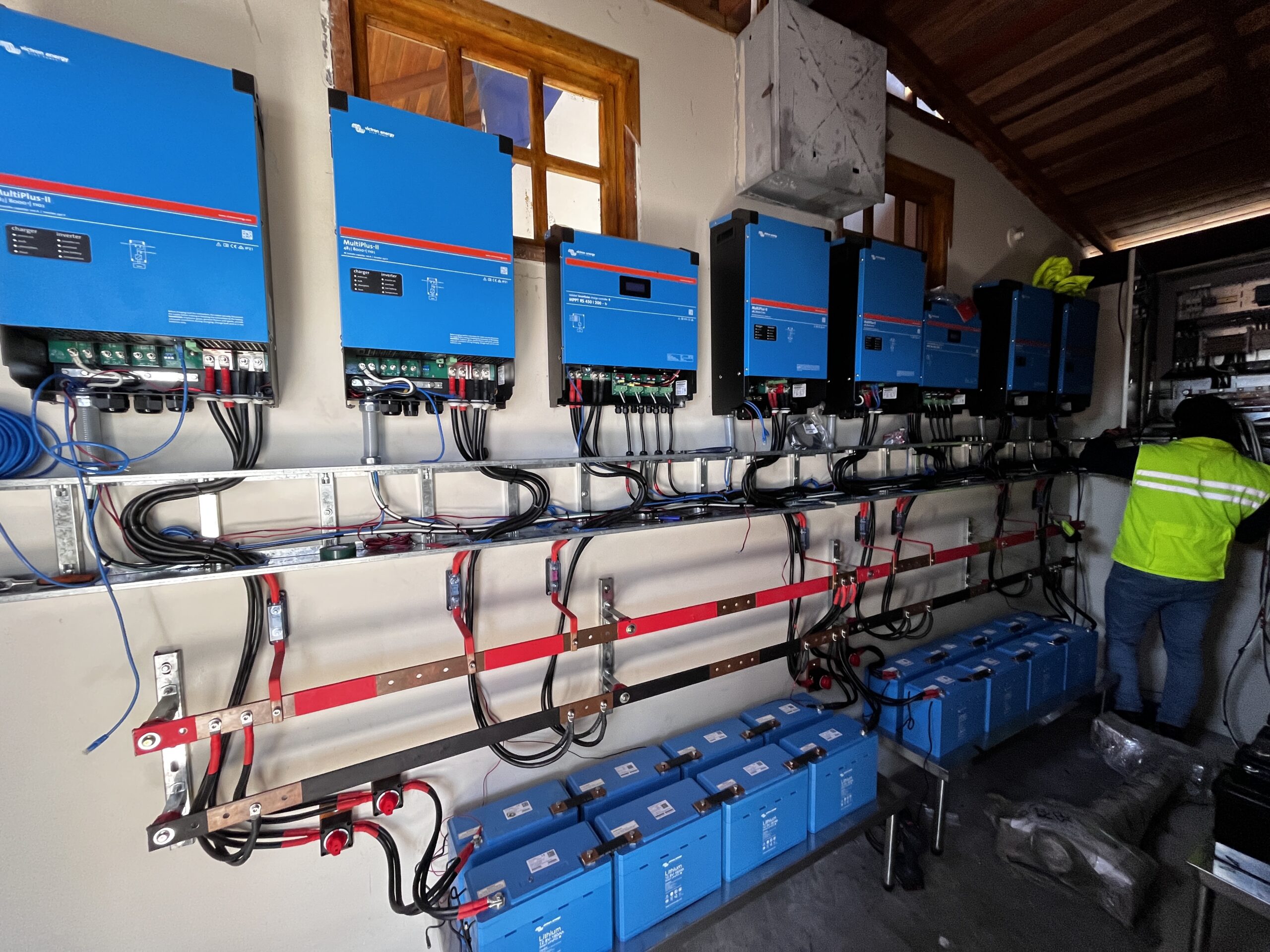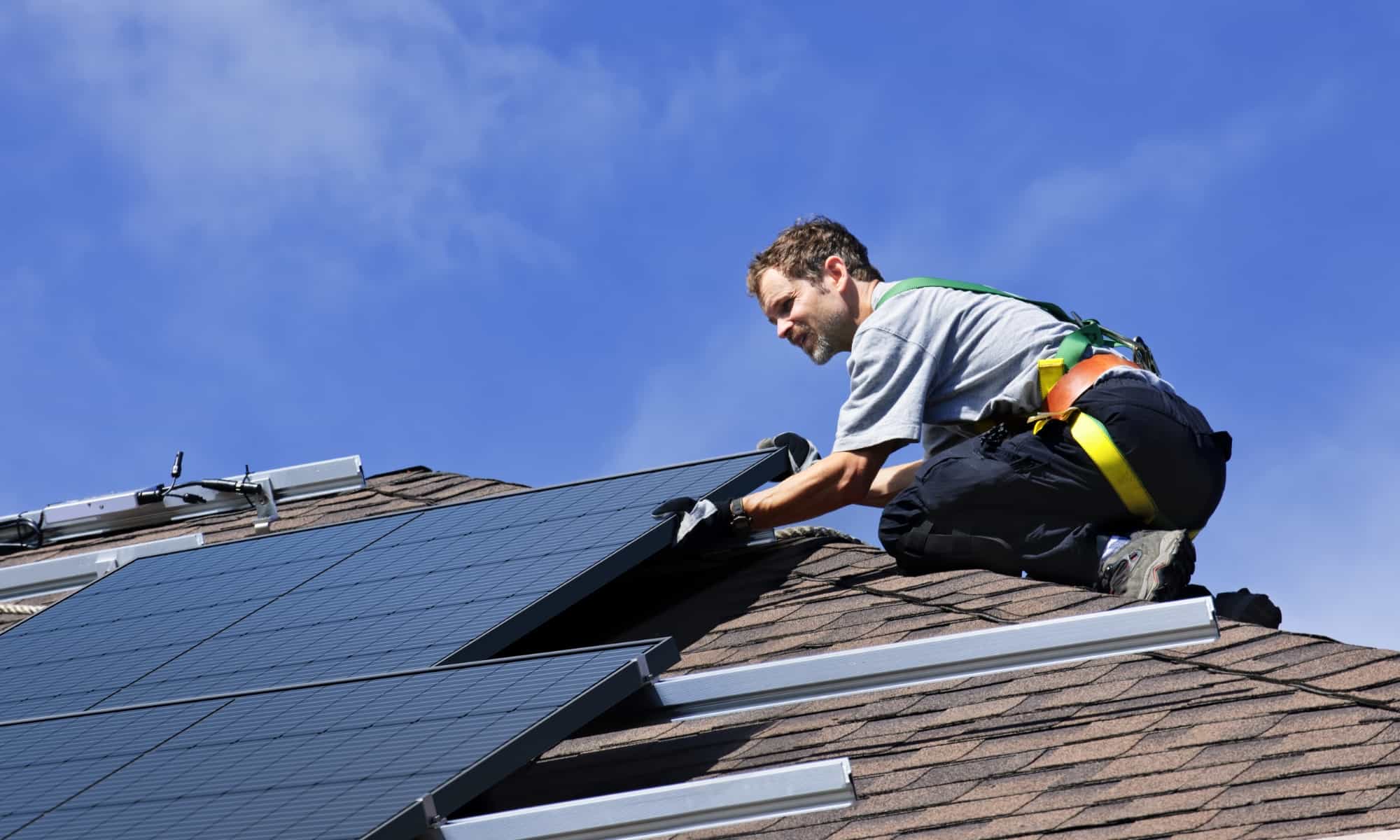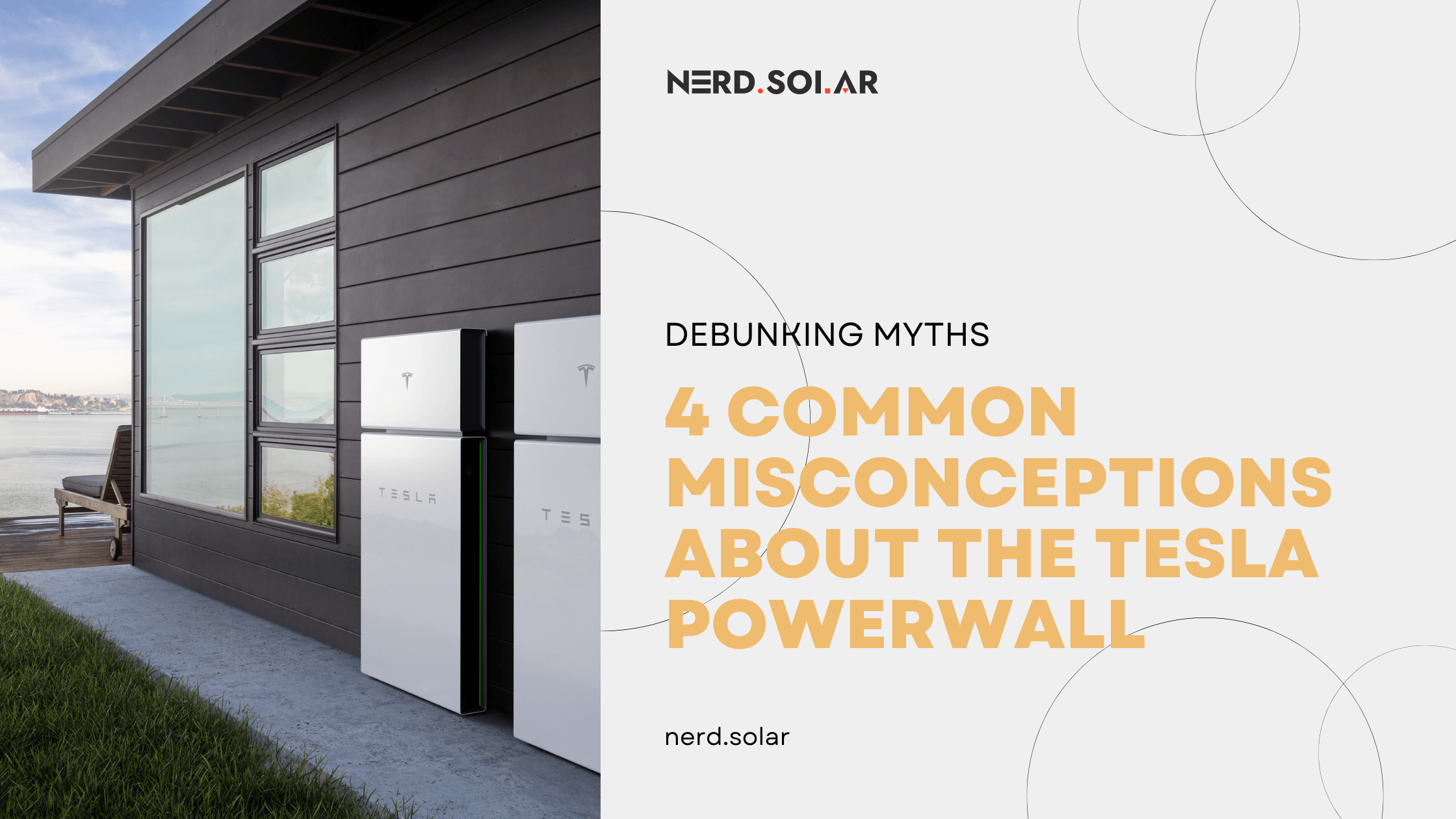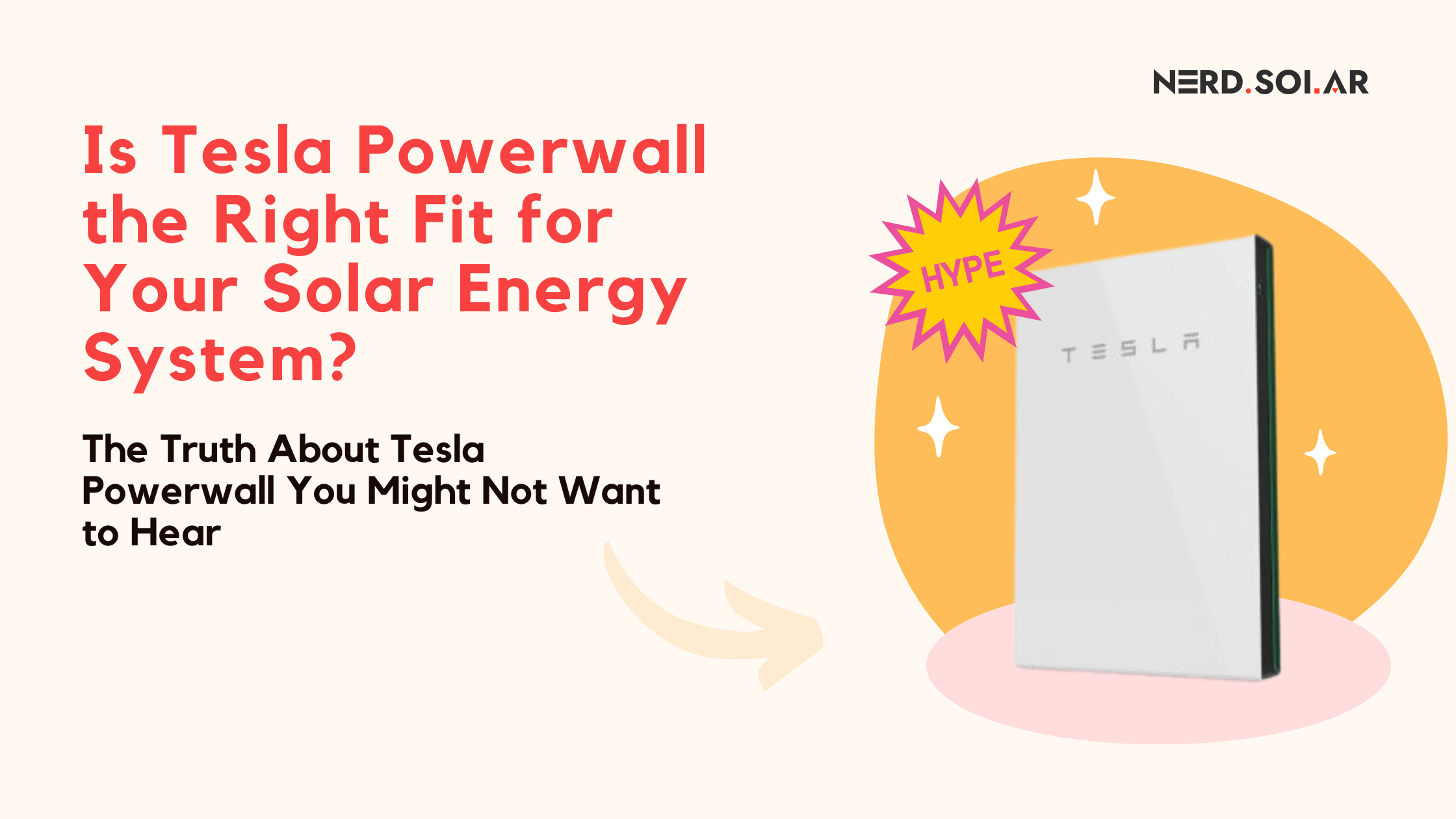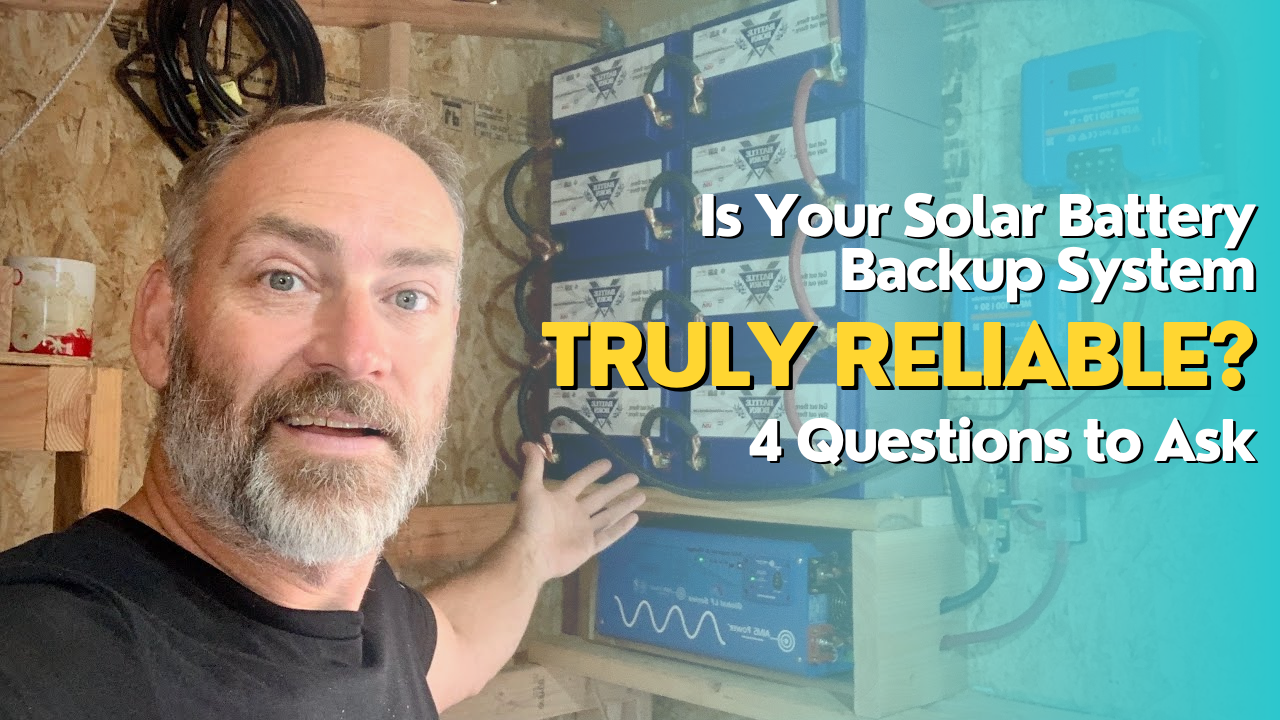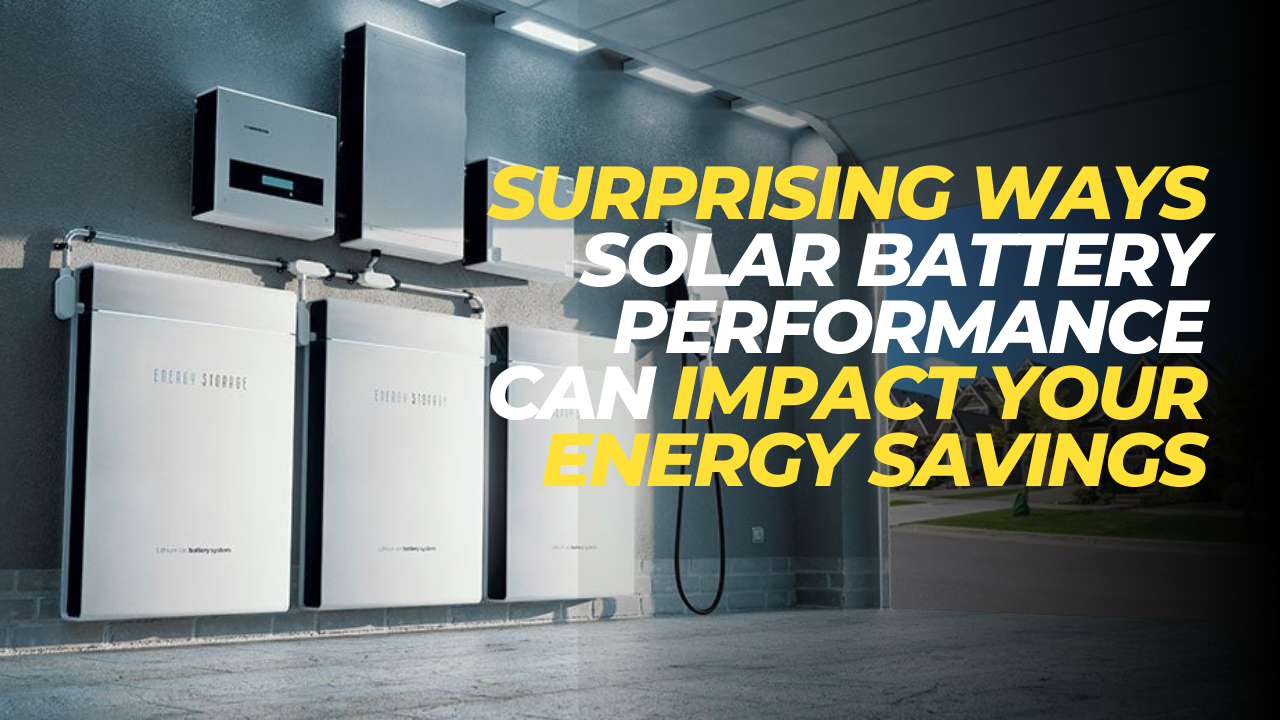How Do We Rate Solar Companies?
TL;DR: We rate solar installers from 1 to 5 stars to help you pick the best one. High stars mean they’re really good at what they do and treat their customers right. Low stars? Not so much. We give credit to companies that have been around for a while, know what they are doing, have a high standard of workmanship and equipment, don’t hire subcontractors to keep the bar of solar installation quality high and have good local reviews from real customers (yes, we check if the reviews are actually real or fake). Companies we choose as top-rated know and can help with federal and local solar incentives to help you save, have good financing plans, and guarantee their work. We’re here to point you to the solar companies that truly rock, making going solar easy and worthwhile for you.
Check our detailed review process here.
Is It Worth Going Solar in Alabama?
Going solar in Alabama can be a smart financial decision for many homeowners.
While the state doesn’t offer as many solar incentives as some others, the combination of federal tax credits, energy bill savings, and other benefits can make solar a worthwhile investment.
Financial and Savings Benefits
- Lower electricity bills: Solar panels can significantly reduce or even eliminate your monthly electricity costs. In Alabama, the average annual savings is around $1,107.96.
- Federal tax credit: The federal solar investment tax credit (ITC) allows you to deduct 30% of the cost of your solar system from your federal taxes. For a typical $14,700 system in Alabama, this amounts to a $4,410 tax credit.
- Increased home value: Solar panels can increase your home’s resale value by an average of 4.1%. In Alabama, with a typical home value of $221,428, this translates to an average value increase of $9,078.
- Long-term savings: Over the 25+ year lifespan of a solar system, Alabama residents can expect to save an average of $27,699 on electricity costs.
- Relatively short payback period: The average payback period for solar in Alabama is around 9.29 years. After this point, your solar system will have paid for itself and you’ll be generating free electricity.
- High return on investment: The ROI for a typical solar installation in Alabama is a substantial 169.18%. This means you can expect to recoup your initial investment and then some over the life of your system.
While Alabama doesn’t have state-level solar tax credits or a statewide net metering policy, the combination of federal incentives, energy savings, and home value increase still make solar a financially beneficial choice for many homeowners.
Of course, the exact financials will depend on factors like the size and orientation of your roof, your household energy usage, and the specific solar system you choose. But overall, going solar in Alabama can be a smart way to reduce your energy costs and generate long-term savings.
How much does solar save homeowners in Alabama?
The average cost of electricity in Alabama is 12.41 cents per kilowatt-hour (kWh) as of July 2024, which is slightly below the national average.
However, Alabamians have some of the highest monthly energy bills in the country due to above-average electricity usage. A typical Alabama household uses 1,145 kWh per month.
Installing solar panels can greatly reduce or even eliminate these electricity costs. The average cost of a 6 kW residential solar system in Alabama is around $14,700 after applying the 30% federal solar tax credit. Over 25 years, this system is estimated to provide $28,000 in electricity bill savings.
For example, if your monthly electric bill is $150, a 6 kW solar installation could reduce that to just $30-$40 per month – saving you over $1,300 annually. In 8-12 years, the system would pay for itself in bill savings. Over the 25+ year lifespan of the panels, you could save tens of thousands of dollars.
Unfortunately, Alabama does not have a statewide net metering policy that requires utilities to provide full credit for excess solar energy sent to the grid. Alabama Power, the state’s largest utility, offers a “Rate PAE” program that pays solar owners a lower rate of around 3 cents/kWh for excess generation – only about 25% of the retail electricity rate.
Additionally, Alabama Power charges solar customers a monthly fee of $5 per kW of solar capacity, which amounts to $30/month for a typical 6 kW system. This reduces solar savings by about a third.
Due to the lack of net metering and extra fees, the payback period for solar in Alabama served by Alabama Power is pushed to around 15 years – longer than many other states but still a positive long-term investment. Customers of other utilities like TVA may have somewhat better net metering options.
What is the average cost of going solar in Alabama?
| System Size | Avg Cost per Watt | Total Cost | Cost After 30% Federal Tax Credit |
| 4 kW | $2.68 | $10,720 | $7,504 |
| 5 kW | $2.57 | $12,850 | $8,995 |
| 6 kW | $2.45 | $14,700 | $10,290 |
| 7 kW | $2.42 | $16,940 | $11,858 |
| 8 kW | $2.44 | $19,520 | $13,664 |
| 9 kW | $2.38 | $21,420 | $14,994 |
| 10 kW | $2.35 | $23,500 | $16,450 |
| 11 kW | $2.32 | $25,520 | $17,864 |
| 12 kW | $2.30 | $27,600 | $19,320 |
| 13 kW | $2.28 | $29,640 | $20,748 |
| 14 kW | $2.26 | $31,640 | $22,148 |
| 15 kW | $2.24 | $33,600 | $23,520 |
| 20 kW | $2.18 | $43,600 | $30,520 |
| 25 kW | $2.12 | $53,000 | $37,100 |
| 30 kW | $2.08 | $62,400 | $43,680 |
*Prices are shown after applying the 30% federal tax credit.
Key takeaways:
- The average cost per watt for residential solar in Alabama ranges from $2.08 to $2.68, with lower costs per watt for larger system sizes.
- A typical 6 kW system costs around $14,700 before the federal tax credit, or $10,290 after the 30% credit is applied.
- Larger systems of 20-30 kW, suitable for higher energy usage homes or small commercial applications, range from $43,600 to $62,400 before the tax credit.
- Across all system sizes, the 30% federal tax credit significantly reduces the net cost, saving Alabama solar adopters thousands on their solar installation.
Larger systems that can offset more of a household’s electricity usage will have higher total costs but provide greater long-term savings on electricity bills. For example, a 12 kW system suitable for a 2,200 sq ft home would cost $29,400 before incentives, or $20,580 after the federal tax credit.
*Keep in mind that these are averages and the actual cost of a solar installation can vary based on factors like the specific equipment used, the complexity of the installation, and the solar company. However, this data provides a helpful benchmark for estimating the cost of going solar in Alabama for homes of different sizes. The consistent $2.45 per watt cost across system sizes also indicates that economies of scale are minimal, and the cost scales fairly linearly with system size.
Overview of Solar Incentives and Rebates for Alabama Homeowners
Alabama homeowners have access to several incentives and rebate programs that can significantly reduce the cost of installing solar panels. While the state itself doesn’t offer many solar-specific incentives, the combination of federal tax credits and local utility rebates still make going solar an attractive option.
Federal Solar Incentives
- Residential Clean Energy Credit (formerly the Federal Solar Tax Credit): This is the most significant incentive for Alabama homeowners. It allows you to claim a tax credit equal to 30% of your total solar installation costs, including equipment, labor, and permitting. For example, if your solar system costs $20,000, you would be eligible for a $6,000 federal tax credit. This credit is available through the end of 2032.
Alabama State Solar Incentives
- Property Tax Exemption: Alabama offers a property tax abatement for renewable energy facilities, including residential solar installations. Depending on the jurisdiction, this exemption can last for 10-20 years, effectively shielding homeowners from any property tax increases related to the value their solar panels add to their property.
Local Solar Incentives and Rebates in Alabama
- Net Metering (varies by utility): While Alabama doesn’t have a statewide net metering policy, some utilities like Alabama Power offer limited net metering or “net billing” programs. Under Alabama Power’s program, excess solar energy sent to the grid is credited at a reduced rate of around $0.03 to $0.04 per kWh, depending on the time of day and season.
- TVA Green Power Providers (for TVA customers): The Tennessee Valley Authority (TVA) offers a performance-based incentive program for solar customers in its service area, which includes parts of northern Alabama. Participants receive $0.02 per kWh for the first 10 years of solar generation.
- Utility Rebates for Energy Efficiency (varies by utility): While not directly related to solar, some Alabama utilities offer rebates for energy efficiency upgrades like heat pump water heaters, insulation, and smart thermostats. These can help reduce overall energy usage and improve the cost-effectiveness of a solar installation. For example:
- Alabama Power: Up to $200 for smart thermostats, $650 for heat pump water heaters
- Wiregrass Electric Cooperative: $300-$400 per ton for heat pump installations
- Central Alabama Electric Cooperative: $235-$700 for heat pumps and water heaters
- Utility Loan Programs for Energy Efficiency (varies by utility): Some cooperatives, like Dixie Electric and South Alabama Electric, offer low-interest loans for energy efficiency improvements. These can help finance upgrades that complement a solar installation.
Although Alabama doesn’t have the most robust solar incentives, the 30% federal tax credit and local utility programs can still make solar an economically viable choice for many homeowners. When combined with steadily declining solar costs and Alabama’s abundant sunshine, these incentives can lead to substantial long-term savings on electricity bills.
Are There Any Community Solar Programs in Alabama?
There are a few community solar programs available in Alabama, though they are not as widespread as in some other states. Here are the key findings:
- Covington Electric Cooperative offers a Community Solar Garden program. Members can subscribe to buy an average of 155 kWh of solar-generated electricity each month at a flat rate of $20. The solar array is located across from their headquarters in Sanford, AL.
- Wiregrass Electric Cooperative, in collaboration with PowerSouth Energy Cooperative, has a community solar program called Green Power Choice. Members can choose the portion of their energy derived from solar sources in 333 kWh increments for an additional $4 per month per increment. The solar garden is located near WEC’s Hartford office.
- United Cooperative Services has a community solar program available to its members, which includes parts of northern Alabama served by TVA. Subscribers receive a portion of the solar generation from facilities located in Bosque County, TX, Andrews County, TX, and Erath County, TX.
- The Little USA Community Solar Campus is a planned 20+ acre agrivoltaic farm and solar education center, but details on a community solar offering are not yet available.
- While not a true community solar program, Alabama Power allows businesses to support large-scale solar projects in the state, like the 80 MW solar plant in Chambers County, to meet their clean energy goals.
So while community solar is still an emerging concept in Alabama compared to other states, a few electric cooperatives are pioneering programs to allow their members to subscribe to a portion of solar generation.
However, the state lacks enabling legislation and a statewide program to really jumpstart community solar development thus far.
